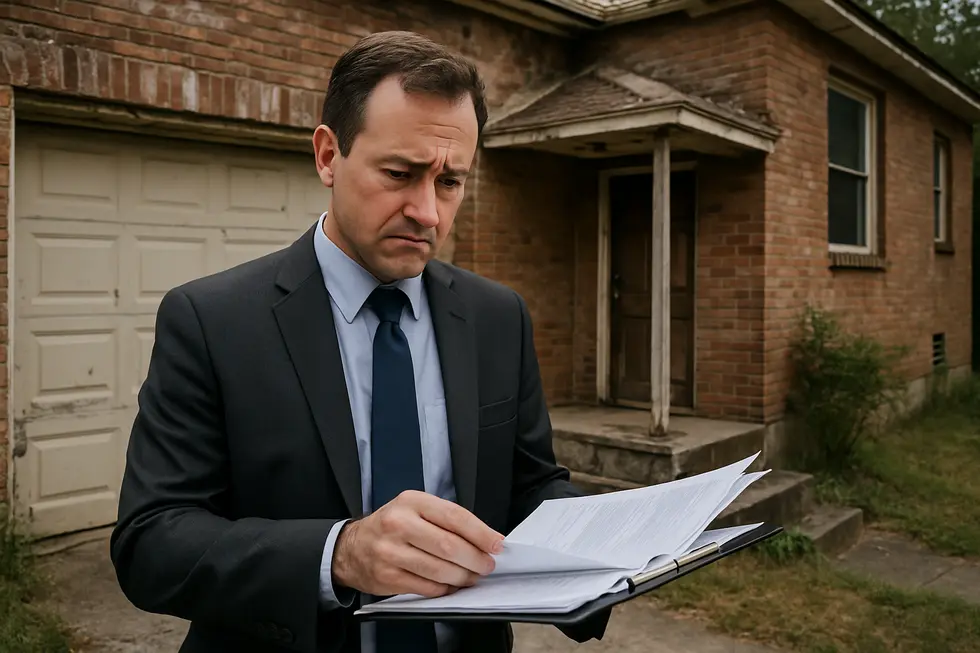Rent control policies have become a significant factor in property management strategies within Houston. While aiming to stabilize housing costs, these regulations can influence profitability, tenant relations, and market dynamics. Understanding the pros and cons of rent control from a property management perspective is essential for investors looking to optimize their portfolios and maintain sustainable operations in this evolving regulatory environment.
Benefits of Rent Control for Property Managers and Investors in Houston

Implementing rent control policies in Houston can provide significant advantages for property managers and investors by promoting stability in rental income. When rental rates are regulated, property owners experience a more predictable revenue stream, reducing the financial volatility that often accompanies market fluctuations. This stability enables better long-term planning, facilitates maintenance budgeting, and enhances overall property management strategies.
Tenant retention is another critical benefit arising from rent control. When rent increases are kept reasonable, tenants are less likely to relocate due to affordability concerns, fostering stronger relationships between property managers and tenants. This stability minimizes vacancy rates, which is vital in Houston’s dynamic housing market where demand can shift rapidly. Maintaining a stable tenant base also reduces the costs associated with frequent turnover, such as marketing, cleaning, and repair expenses.
In addition to financial stability, rent control can contribute to community stability within Houston neighborhoods. By preventing rapid rent hikes that displace long-term residents, property managers help sustain cohesive communities, which can enhance neighborhood safety and desirability. As communities flourish, property values tend to stabilize, ultimately benefiting investors over the long term.
Managing vacancy rates effectively is crucial in an active market like Houston, where demand fluctuates. Rent control provides a buffer against sudden price drops during downturns, encouraging tenants to stay longer and reducing the uncertainty around income periods. Moreover, tenants who enjoy consistent and reasonable rent increases are more likely to develop a sense of loyalty, leading to improved tenant relationships and fewer lease violations.
Reduced turnover costs are a direct advantage for property managers under rent control regimes. Costs related to advertising vacancies, screening new tenants, and preparing units for new occupants are minimized when tenants decide to stay longer. This not only preserves profits but also streamlines the management process, especially in densely populated areas such as Houston’s downtown or surrounding neighborhoods.
Fostering these relationships also opens opportunities for better communication and cooperation between landlords and tenants. When tenants feel fairly treated, their satisfaction increases, which can translate into timely rent payments and cooperation during property maintenance or renovations.
From a long-term profitability perspective, rent control can stabilize cash flows and reduce periods of vacancy or rent loss. While some may argue it limits immediate revenue growth, the benefits of consistent income streams combined with lower turnover and administrative costs often outweigh these concerns. Additionally, by contributing to market stability, rent control can enhance property values and attract investments committed to sustainable growth.
In Houston’s constantly evolving real estate environment, a balanced approach to rent control can serve as a strategic tool. It supports stability in rental income, fosters community resilience, and promotes a sustainable investment climate. Property management companies that adopt these policies thoughtfully will find themselves better equipped to navigate market shifts, ensuring long-term success and profitability.
Challenges and Limitations of Rent Control for Houston Property Managers

While rent control policies aim to provide affordable housing and stabilize tenant occupancy, they also introduce significant challenges for property management in Houston. One of the primary disadvantages is the restriction on income growth. Rent caps can limit how much property owners can increase rent, often preventing them from covering inflation, rising maintenance costs, or financing expenses. As a result, property managers may experience diminished cash flow, reducing their ability to reinvest in property upgrades or expand their rental portfolios.
Moreover, rent control can make property upgrades and renovations more difficult. When rental income is constrained, owners might delay or skip essential repairs and improvements, leading to a decline in property quality over time. This deterioration can negatively impact tenant satisfaction and decrease the overall appeal of rental units. For property managers, maintaining properties becomes a balancing act between adhering to regulations and providing quality housing.
The potential decrease in property investment incentives is another concern. Restricted profitability under rent control may discourage new investors from entering the Houston rental market. When the economic incentives diminish, fewer properties may be developed or acquired, leading to a decline in the overall rental supply. This reduction can intensify housing shortages and exacerbate affordability issues.
Additionally, rent control can lead to a decrease in the overall responsiveness of the rental market. Landlords may become less willing or able to respond promptly to market changes, such as adjusting rents to reflect shifts in demand or costs. This rigidity can cause mismatches between supply and demand, resulting in increased vacancy rates and a less dynamic rental market.
From a regulatory standpoint, property investors in Houston face specific constraints. Local ordinances or statewide initiatives may impose strict limits on rent increases or include eviction restrictions that complicate property management operations. Navigating these policies requires careful legal and financial planning. Property management companies can mitigate some hurdles by adopting proactive tenant relations and building strong community ties, which can bolster tenant retention despite regulatory constraints.
To adapt, property managers may focus on enhancing tenant experience, improving operational efficiency, and exploring alternative revenue streams beyond rent increases. For example, offering premium amenities or ancillary services can create additional income sources. Additionally, staying informed about local regulatory developments and actively participating in policy discussions can help shape more balanced rent control measures.
Ultimately, while rent control may serve certain social objectives, its limitations and challenges necessitate strategic navigation by property management firms. Embracing adaptable business practices and fostering positive tenant relationships are essential steps to sustain profitability and maintain quality housing under these regulatory restrictions. For example, exploring comprehensive property evaluation and management services, such as those offered by local management firms, can assist in overcoming these hurdles effectively.
Final words
Rent control policies present a complex landscape for property management Houston, offering stability while introducing challenges for profitability and maintenance. Property investors must weigh these factors carefully, balancing community benefits with market incentives. Staying informed and adaptable is key to success in Houston’s evolving regulatory environment, ensuring sustainable investment strategies amid rent control measures.
Call 360 Realty & Property Management today for expert property management in Houston and maximize your rental investments.
Learn more: https://www.360realtymanagement.com/free-rental-analysis-request-form/
About us
As a full-service Houston leasing and property management company for the greater Houston and surrounding areas, 360 Realty Property Management provides everything from property listings, to property management, to eviction services, and everything in between. Whether you’re looking to make Houston your home, or you want to manage your investment in the Houston property market, we’re here to help you succeed. Our services include the day-to-day operations of managing your property, such as providing support, problem solving, and repairs for tenants during their leases, collecting rent, and inspecting the property for appropriate maintenance by tenants. We can also help with bookkeeping, lease agreements, and marketing your property, allowing you to enjoy all the benefits of property ownership without the day to day tasks that come with it.

